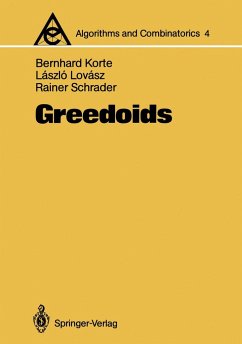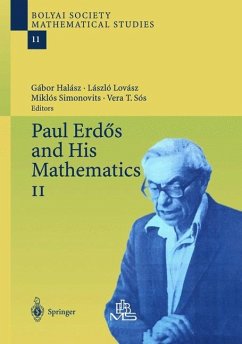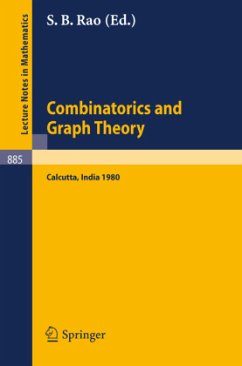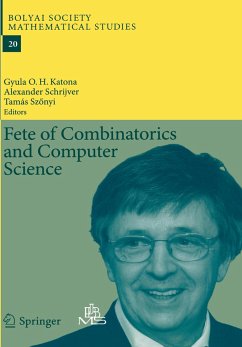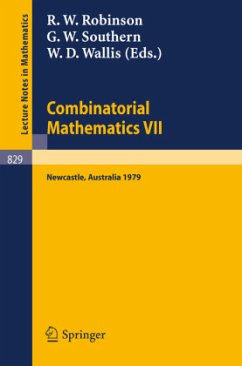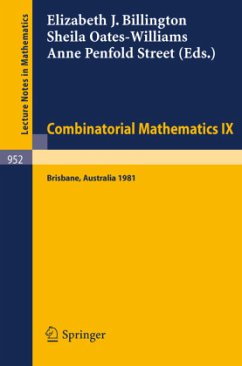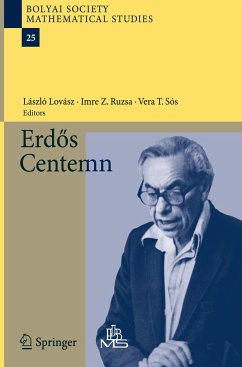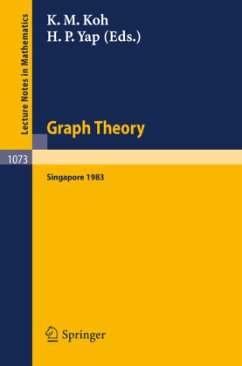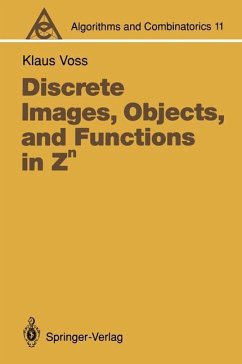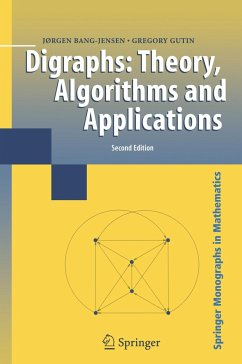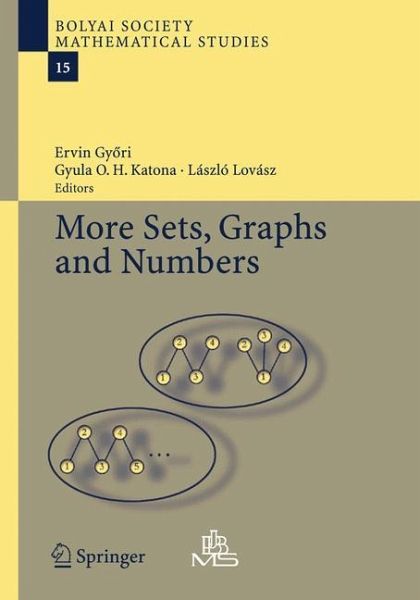
More Sets, Graphs and Numbers
A Salute to Vera Sòs and András Hajnal
Herausgegeben: Gyori, Ervin; Katona, Gyula O.H.; Lovász, László

PAYBACK Punkte
39 °P sammeln!
This volume honours the eminent mathematicians Vera Sos and Andras Hajnal. The book includes survey articles reviewing classical theorems, as well as new, state-of-the-art results. Also presented are cutting edge expository research papers with new theorems and proofs in the area of the classical Hungarian subjects, like extremal combinatorics, colorings, combinatorial number theory, etc. The open problems and the latest results in the papers are sure to inspire further research.
Discrete mathematics, including (combinatorial) number theory and set theory has always been a stronghold of Hungarian mathematics. The present volume honouring Vera Sos and Andras Hajnal contains survey articles (with classical theorems and state-of-the-art results) and cutting edge expository research papers with new theorems and proofs in the area of the classical Hungarian subjects, like extremal combinatorics, colorings, combinatorial number theory, etc. The open problems and the latest results in the papers inspire further research.
The volume is recommended to experienced specialists as well as to young researchers and students.
The volume is recommended to experienced specialists as well as to young researchers and students.





